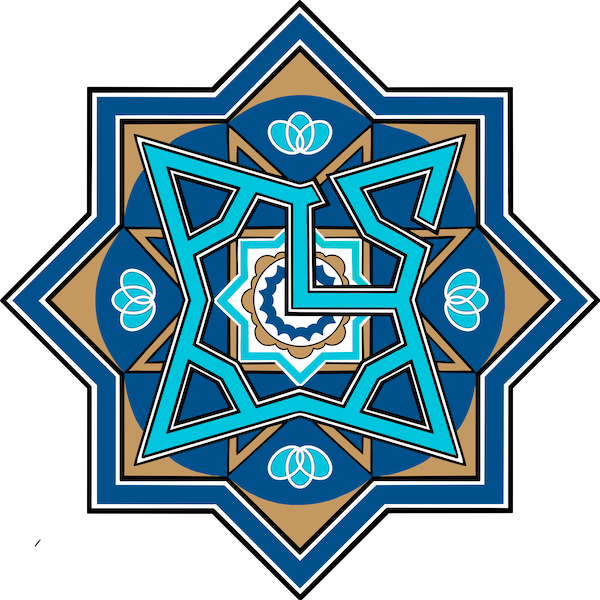The [West Asian American Studies Section of the] Association for Asian American Studies and the Arab American Studies Association stand in solidarity with the women, students, and people in Iran fighting for women’s bodily autonomy, gender equality, justice in the broadest terms, and an end to the authoritarian, ethnocentric, and patriarchal rule in the Islamic Republic of Iran. We also stand in solidarity with the students and professors including those at Sharif University of Technology in Tehran, who were assaulted by state security forces during a peaceful protest on October 2, 2022. As ethnic studies scholars in a field that emerged from Third World internationalism and anti-imperial solidarities, we call for an end to the Iranian regime’s brutal crackdown on this uprising for women’s rights, life, and liberation.
On September 13, 2022, Mahsa (Zhina/Jina) Amini, a 22-year-old Kurdish woman, was arrested in Tehran by the so-called morality police of the Islamic Republic of Iran for not wearing the hijab in accordance with governmental standards. According to eyewitness reports, during her detention, Amini was beaten on the head and died days after slipping into a coma. Her death stands as an example of the violence of misogynistic and anti-Kurdish practices. On October 2, students of Sharif University of Technology protested the state murder of Amini in solidarity with other demonstrations happening nationally at university campuses and were attacked by state forces and plainclothes security agents who subjected them to physical and verbal attacks, rubber bullets, and arrests. This violent crackdown has been called “Ruz-e Khunin,” or “A Bloody Day,” by Sharif University students and is one incident of a longer history of state violence against students and professors in Iranian universities. The Norway-based Iran Human Rights has reported that as of October 4, 2022, 133 people have been killed since the protests began.
Amini’s death has sparked national and international protests against women’s violent mistreatment at the hands of the Islamic Republic of Iran as well as the long history of Iranian state violence against ethnic and religious minorities in Iran. The slogan, “Women, Life, Freedom,” has been adopted by the uprising to center the struggles of women and people in Iran against long-standing forms of patriarchal authority, repression, policing, surveillance, and violence in the country. It must be noted also that this has been a slogan of Kurdish movements for years in their struggle against oppression and persecution. The continued state violence and de-development in the Kurdish region of Iran are connected to this moment of Amini’s killing.
These feminist and anti-imperialist protests give voice to the long-held belief among Iranian people that women’s freedom is intimately tied to the freedom of the nation as a whole. On the streets, a multiplicity of voices are coming together—from different socioeconomic, ethnic, and cultural sectors and with different religious orientations—to demand change in the country in the context of corruption and economic hardship, in part due to US sanctions on Iran. The current protests are not new, but extend a long history of women’s uprisings for democracy and freedom in Iran and protests against authoritarian rule.
We hear the request for solidarity from people in Iran to join them in a larger transnational feminist movement, in the face of censorship and news blockades, and to support them in their fight against state repression and for the right to self-determination. Grounded in the demand for bodily autonomy, we uphold the call for women, life, and freedom as a demand for liberation from systemic oppression for all those targeted by state violence and surveillance. As scholars in Asian American studies and Southwest Asian and North African (SWANA) studies in particular, we are committed to solidarity with West Asian diasporic communities in their struggles for racial and global justice and against US state repression and violence that has targeted Iranian and Kurdish diasporic communities for decades here as well. We will not forget that Iranian leftist students were involved in Third Worldist activism for ethnic studies at San Francisco State in the movement that launched our field and our solidarity has been shaped by that radical tradition of freedom struggles.
For more information, see the following resource list.
West Asian American Studies Section – Statement of Solidarity Resource List
October 14, 2022
